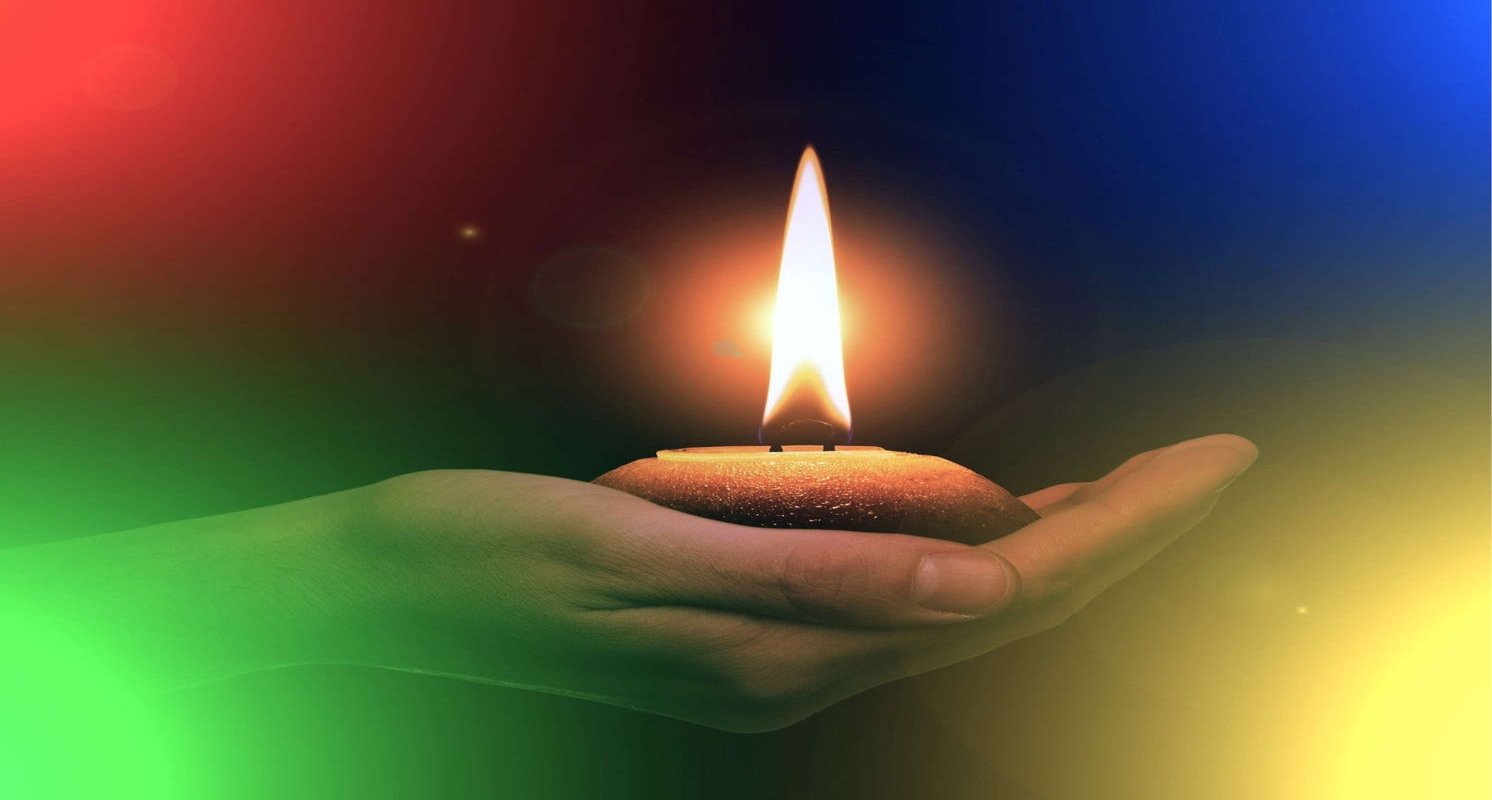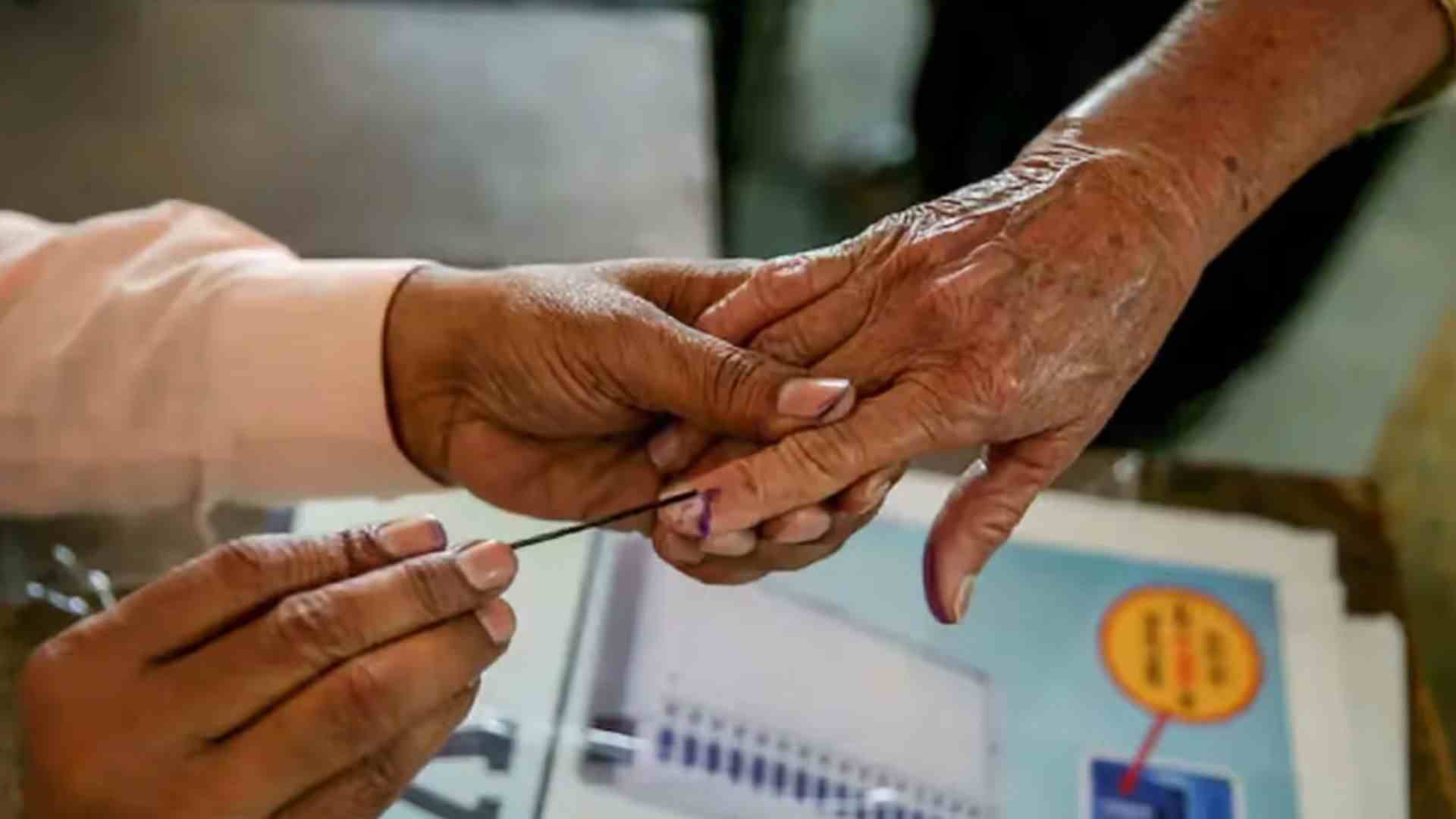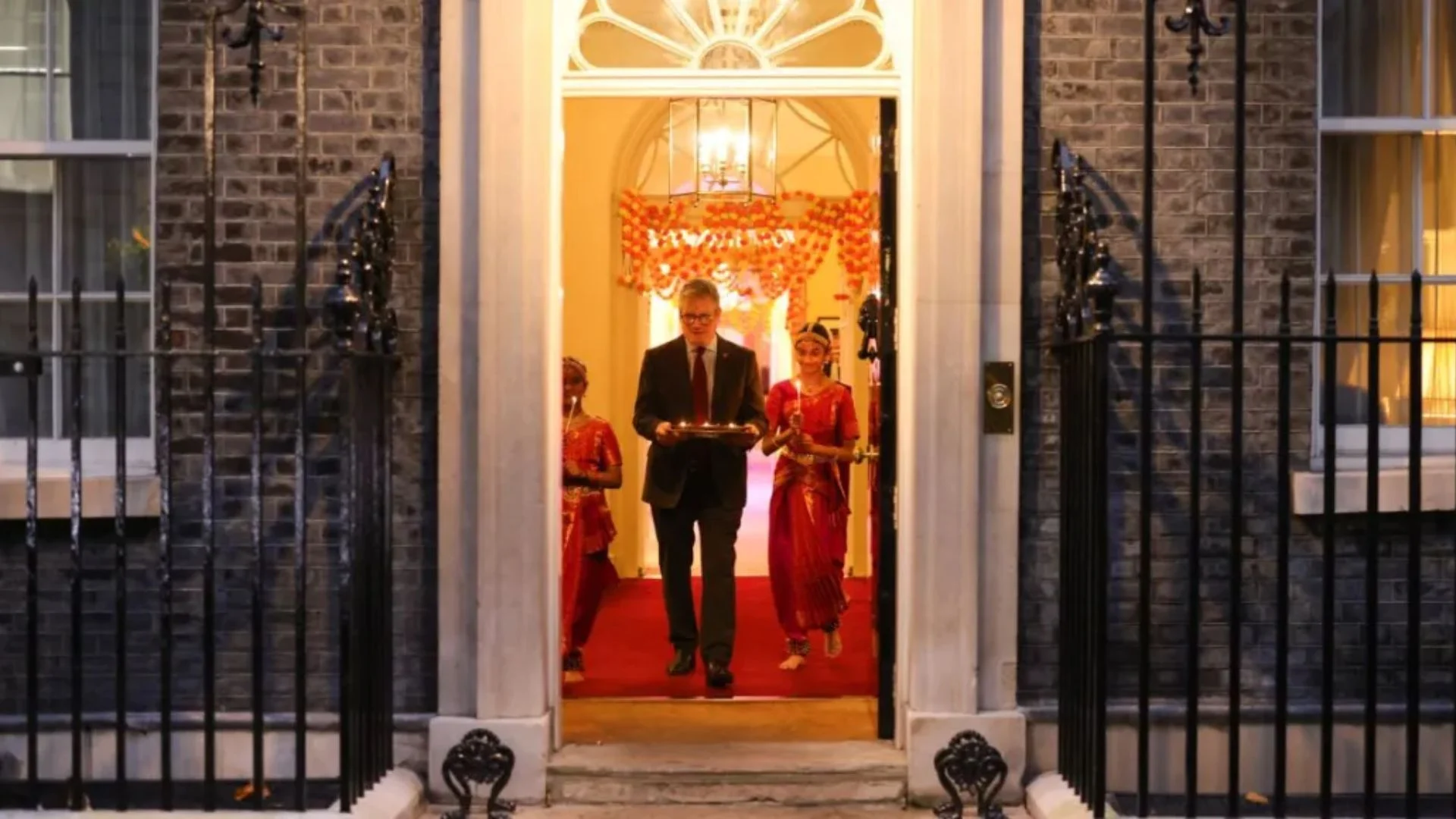
Dealing with situations, other individuals as well as ourselves in a complex and confusing world is a huge challenge. It forces us to look at the four dimensions of what it is to be a competent leader – the kind of knowledge we need, the sort of skills, the attitudes, and most importantly the values.
Because of the constantly changing scenarios we have to periodically review many of the practices we already have or should be employing.
In 1987, as the Cold War was ending, the US military started to use the term VUCA to describe the way the world was heading. VUCA is an acronym for Volatile, Uncertain, Complex, and Ambiguous. Since then, all these conditions have continued to escalate as things seem to break down more and more.
Volatile because of the nervous nature of change as it happens and the subsequent reactions to it. Everything can explode easily.
Uncertain because anything can happen to anyone, at any time, anywhere. This means a general lack of predictability, in essence, anything can happen ‘suddenly’. Increasing uncertainty is also the main factor behind the rising levels of anxiety we can see in colleagues and loved ones.
Complex because of the interconnectivity and interdependence of multiple components in our systems.
Ambiguous because of the lack of clarity and the excessive misunderstandings related to things that happen.
Just as we are slowly getting out of the pandemic that affected our lives and work so comprehensively, we are suddenly faced with the prospect of a third world war.
In this chaotic world, self-care and the practice of meditation are not luxuries, but absolute necessities if we intend to keep balance, and help others through the chaos. As we push ourselves harder and harder to reach ever-changing goals, we must learn to pause, reflect and empower ourselves.
The lives of women who were the original spiritual leaders of the Brahma Kumaris, were embodiments of all that is best in leadership. They transformed spiritual knowledge into practical wisdom. Their intense meditation brought them real spiritual power. They built the basic qualities of the soul into the values necessary to run a huge organization in this very complex world. They learnt that interactions are testing grounds for wisdom, spiritual power, and virtues.
In spite of whatever was going on, they demonstrated many values and virtues that inspired others to deepen their own spiritual endeavours. They showed immense humility, which sprang from the recognition that the knowledge that they gave and the service they were doing were not theirs. They embodied the understanding that they were just instruments of the Divine. They respected everyone because they knew that whatever people believed was real for them. They could immediately discern what others needed spiritually through them. They assumed a responsibility of great wisdom that their task was to forge a connection between a soul and the Divine, the Supreme Soul, and not with themselves.
They instinctively knew that it is better to be an example of the way we want our world to be.
Ken O’Donnell is an author and the director of Brahma Kumaris’ services in South America.















